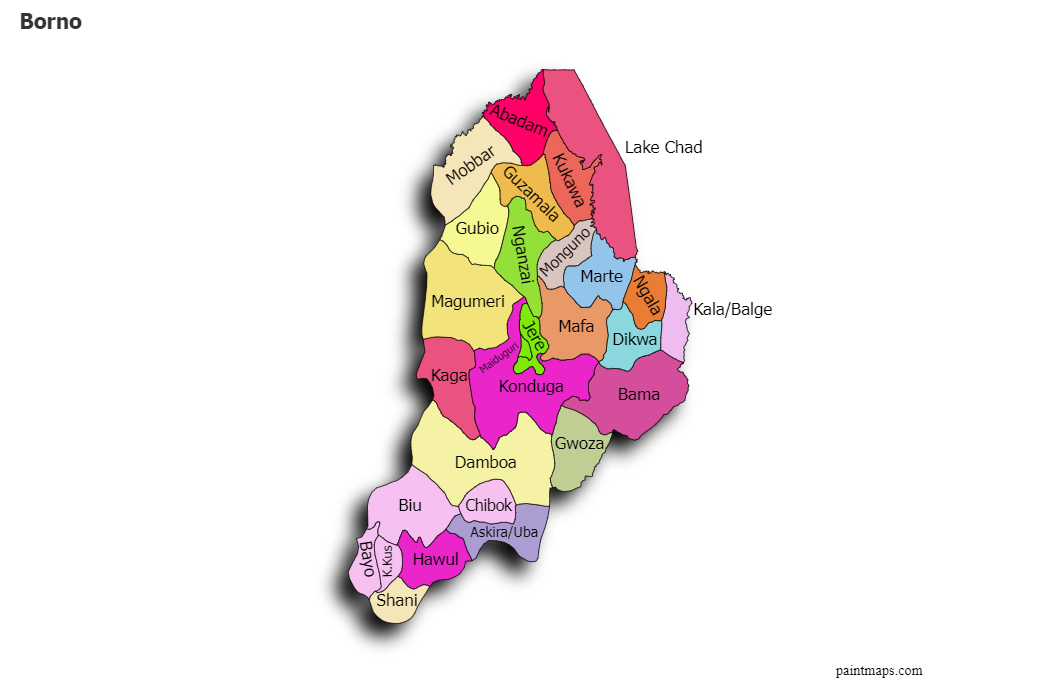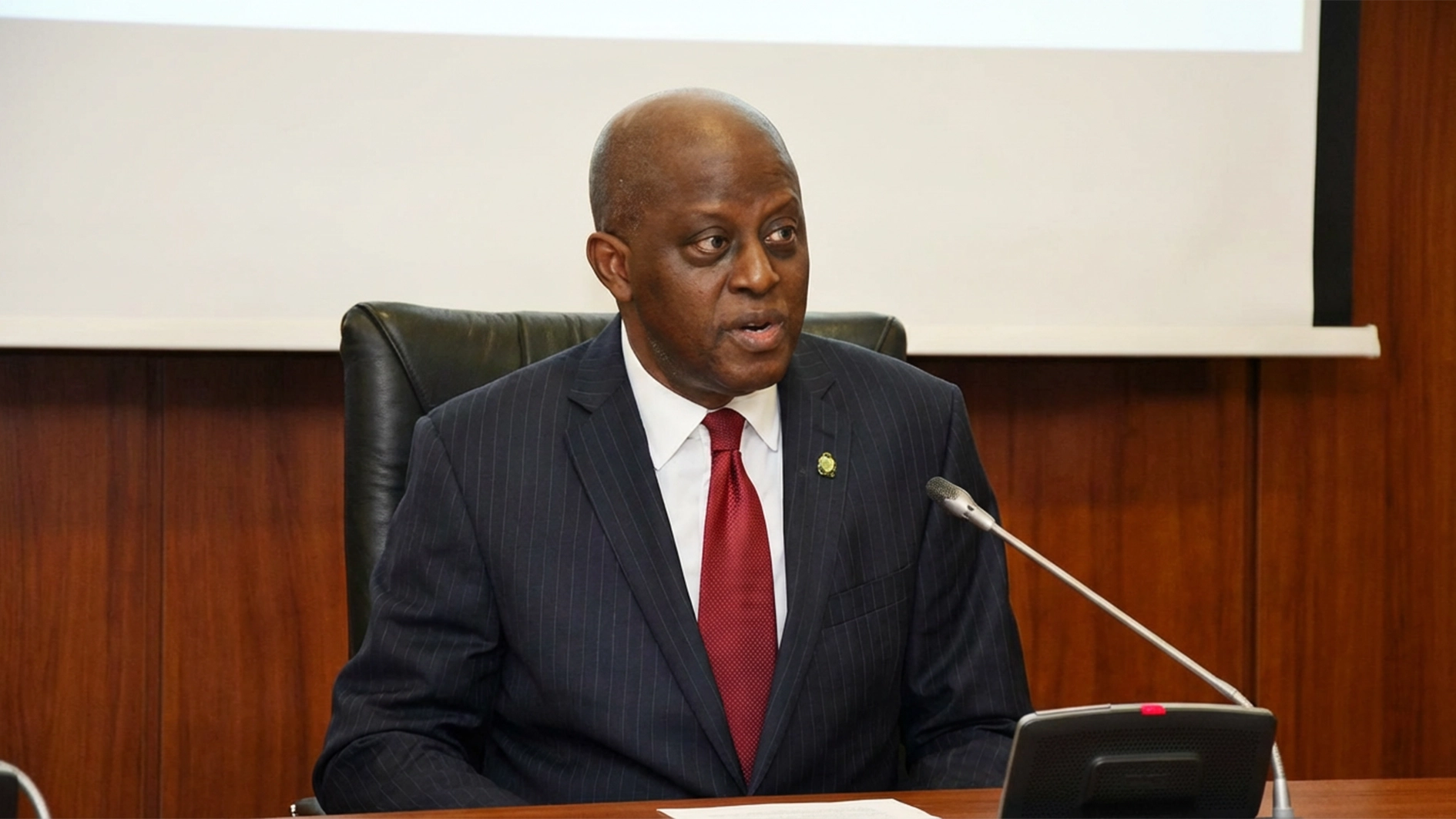
According to the Fund, over 37,000 scholars have been sponsored for both foreign and local studies, bench work and post doctoral programmes in various institutions. Unfortunately, the Central Bank of Nigeria (CBN) recently introduced a monetary policy that resulted in a sharp drop in the value of the naira and created difficulties in the payment of foreign scholarship tuition fees and stipends. It was for this reason that the Executive Secretary of the Fund, Sonny Echono organised a one-day stakeholders’ engagement to brainstorm on these emerging issues that affect TETFund intervention programmes.
Welcoming guests, Echono noted that while it was evident that the Fund has recorded tremendous successes in the delivery of its mandate, it has also faced several challenges.
He said: “The Fund, for instance, has successfully sponsored over 37,000 scholars for both foreign and local PhDs, Masters, Bench Work, and Postdoc programmes in various institutions. Recently, we encountered difficulties that compelled a review of foreign scholarships.
“The recent CBN monetary policy, which resulted in a sharp drop in the value of the naira has created difficulties in the payment of foreign scholarship tuition fees and stipends. As a solution, we are considering suspending the segment of the foreign component of the TETFund scholarship outside the 11 Nos MOUs executed by the Fund, while considering an upward review of the local TSAS intervention. The Fund at this material time is also discouraging beneficiary institutions from initiating new bench work programmes.
“Additionally, there are issues related to scholars not returning to serve their bonds at their home institutions upon completion of their programmes. Infact, the challenge of scholars absconding has undermine and complicated the TETFund Scholarship for Academic Staff (TSAS) program and bringing it under intense scrutiny.
“It is for these and other reasons that this engagement was organised. We need to address these challenges and find solutions to ensure the effective and smooth implementation of our scholarship programmes.”
The Executive Secretary earlier commended the significance of his guests’ collective insights, ideas, and feedback in enhancing the effectiveness of intervention programmes, noting that it is through shared efforts that the Fund can drive positive changes and accelerate the development of the nation’s education sector.
He added that as an agency tasked with rebuilding and supporting the nation’s tertiary institutions, TETFund is aware of the responsibility before it, especially considering the importance of tertiary education in nation-building.
“To fulfill this mission, various intervention lines of the Fund were established. Over the years, the Fund has not only supported public tertiary institutions in the rehabilitation and provision of physical infrastructure but has also contributed to the training of academic staff in postgraduate studies both locally and internationally.
“It has also supported the development and conversion of manuscripts into books and invested in the libraries of these institutions with materials and other resources. Additionally, the Fund has provided support for conference attendance, research, and publications, significantly improving the standard and quality of teaching, and learning in our nation’s tertiary institutions.
“Despite the progress achieved, much still needs to be done, and the Fund remains committed to continuously improving its services and operations through stakeholder engagement and other means.”
Echono recalled that since his assumption of office, he has taken significant steps aimed at repositioning and advancing TETFund’s objectives. “This one-day interactive engagement with heads of beneficiary institutions was initiated last year to gather valuable feedback on TETFund intervention projects.
“This invaluable inputs received have been instrumental in refining our strategies and ensuring that our projects are tailored to meet the specific needs of beneficiary institutions. Some of the reforms implemented include a review of the audit process to curb attendant delays.
“We also took proactive steps to address issues related to distressed and abandoned projects across institutions. By strengthening and streamlining our proposals review process and implementing a robust Monitoring and Evaluation policy, we have been able to achieve smoother and faster execution of physical infrastructure interventions. Issues related to variation of projects have constantly featured in my engagements with institutions.
“The rate of inflation in the country has made it necessary that we reconsider the fixed cost regime for physical infrastructure intervention depending on the project lifecycle. Projects with more than one-year lifecycle are likely to be affected by inflation and rise in cost of materials as such variation in such cases may be justifiable.
“The Fund is further considering either converting the Fabrication interventions line to Skills acquisition or introducing Skill Acquisition as an Annual Direct Disbursement Intervention line. There is also the need to undertake a comprehensive audit of all equipment, particularly the skill G equipment, procured and delivered to institutions to establish their status and identify those that require upgrade. It will also enable the Fund to avoid their duplication in subsequent interventions.”
Adding: “The Fund has recently signed several MoU’s with some prestigious institutions overseas that include universities in Malaysia, India, Brazil, France and the United States with a view to boosting and enhancing the TSAS programme in the future. You will also recall that to enhance the effectiveness of the National Research Fund (NRF), a National Research Fund Screening and Monitoring Committee (NRFS&MC) was established to screen and select proposals from across institutions and researchers for funding.
“The Committee comprises senior academic staff of universities and other tertiary institutions across the country. Members are appointed for an initial period of two years that is renewable. However, no member is allowed to serve for more than four years, which is equivalent to two terms.
“Similarly, to ensure the successful implementation of the Higher Educational Book Development Project, the Board of Trustees of the Fund set up the standing Technical Advisory Group (TAG) committee in 2009.
“The mandate of this committee includes working collaboratively with the Fund to fine-tune the Book Development Blueprint into a Strategic working document that clearly spells out the administrative procedures, framework, and guidelines for effective access and utilization of TETFund Higher Education Book Development Intervention Funds in Institutions within the nation.
“The TETFund Book Development Fund intervenes in three key areas: publication of academic books and the conversion of high-quality theses into books, support for professional Association Journals, and the establishment and sustainability of academic Publishing centers.
The Echono also reiterated the need to reconstitute the standing Technical Advisory Group (TAG) just as the National Research Fund Screening and Monitoring Committee.
“Furthermore, we aim to establish a robust selection criterion based on established standards for both the National Research Fund Screening and Monitoring Committee (NRFS&MC) and Research and Development Standing Committee (RDSC). The mandate of both committees will also be subject to careful review. Additionally, we propose a review of the National Research and Development Fund Standing Committee’s composition, reducing its membership from 165 to 50.
“The Fund is also considering a holistic evaluation of the Research and Development activities such as the NRF, IBR and innova8 programme.”
The one-day forum also served to discuss the recent focus of the Fund on Skills acquisition programme. According to the Executive Secretary, the Fund was working towards the establishment of two central multi-purpose laboratories in the country and six innovation hubs across the six zones in the country.
He went further to share outcomes of the National Employability Benchmarking Assessment Programme conducted for selected universities across the country. The assessment was made possible with the invaluable support of the International Finance Corporation (IFC) with the primary objective of identifying sector trends and providing comparative institutional findings on the employability situation at a systemic level.
The aim was to establish a starting baseline that will guide the development of specific interventions both at institutional and system levels. “To this end, we propose organising an Implementation Support Workshop on Key Performance Indicators (KPIs) in employability. The workshop aims to lay a strong foundation and chart a clear direction for practical solutions to the challenges identified in the IFC report that hinder the employability of Nigerian graduates.
“The Implementation Support Workshop on KPIs in employability will be facilitated by employability experts from the IFC, alongside local experts in Nigeria.”
Also, in the Fund’s efforts to leverage on communication and information technology to expand access, improve quality and promote inclusiveness in the delivery of tertiary education in our country, it has intensified the implementation of our digital literacy road map starting from home.
“We have commenced the full implementation of the LDI online submissions platform. Henceforth the submission of proposals for the physical infrastructure projects by institutions will be carried out online.
“The provision of fixed mobile internet services to staff and students of various institutions programme will also be fully implemented. The Fund is also implementing the converged services programme which includes capacity development and train the trainer (TTT) on communication skills and online certification courses for students across institutions.
“The capacity-building programme and training-the-trainer and technical works for blackboard enhanced e-learning platform is currently being implemented, while the phase two of the thesis digitization project will proceed as planned”, Echono stated.






